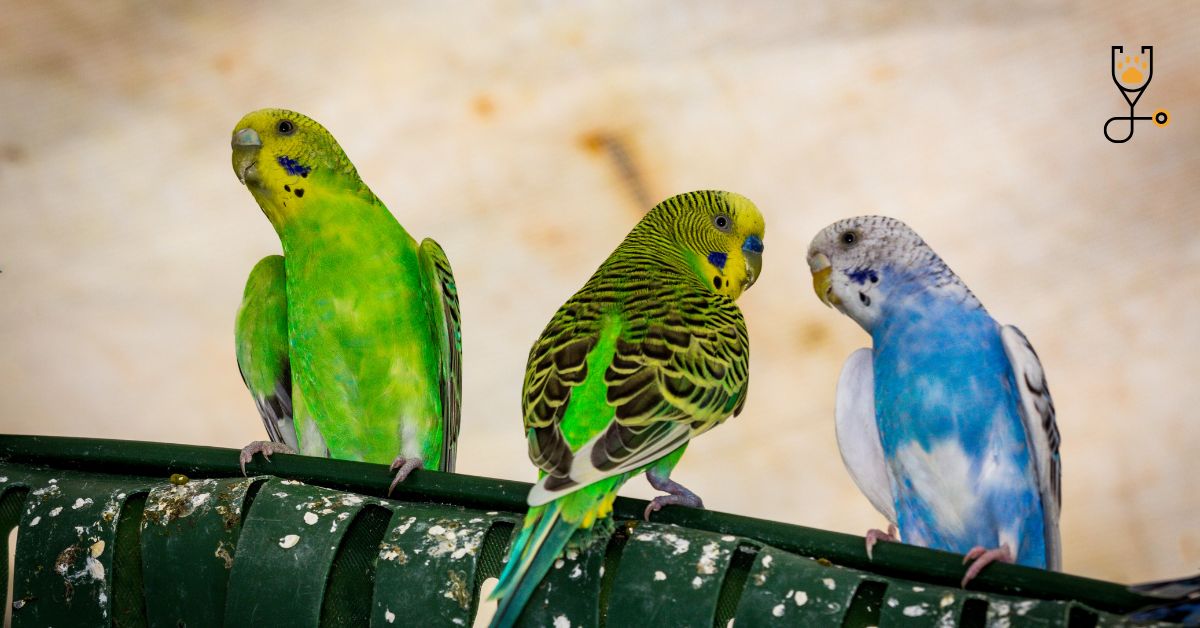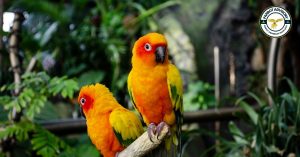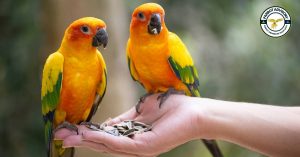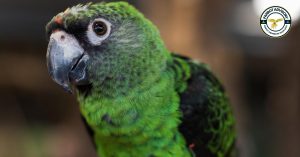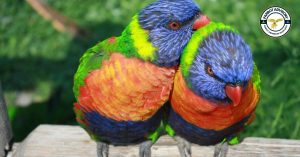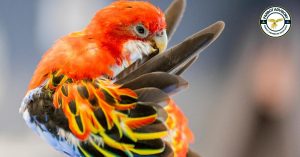Do you dream of having a pet that talks, plays games with you, and can learn cute tricks? You may think about getting a dog or cat – but did you know there is another option out there? If so, it’s time to consider introducing a bird into your family! Pet birds have been around for centuries — from creative parrots who learn to mimic human speech, to smart pigeons who trickle sweet nothings in their owners’ ears. For those looking for the perfect pet companion, we present our top 11 trainable pet birds. From budgies and cockatiels to macaws and African greys — read on for an in-depth look at these friendly avian friends!
1. Budgies: The Jovial Jousters
Budgies, also known as parakeets, are one of the most popular pet birds in the world. Known for their intelligence and outgoing personalities, budgies are social creatures who easily adapt to people and thrive off the interaction. They can learn tricks such as “wave” and “dance” with enough patience, as well as learn to repeat simple words and phrases. Budgies also love to sing – so if you’re in the mood to jam out with your feathered friend, they won’t hesitate to join in! These feathered friends are relatively easy to take care of and come in a wide range of colors and patterns, making them a great choice for any bird enthusiast. Colors and patterns, make them a great choice for any bird enthusiast.
2. Cockatiels: The Loveable Legends
Cockatiels are a species of parrot that make excellent pets due to their loving and loyal natures. They bond well with people and can be easily trained, learning tricks such as ‘step up’ or ‘dance’ with enough repetition. Cockatiels are also incredibly vocal creatures – they love to whistle tunes and can even learn to sing along with you! Known for their gentle temperament, these birds thrive on affection from their owners and will reward you with plenty of cuddles in return. With the right care, cockatiels can live up to 20 years – making them fantastic lifelong companions.
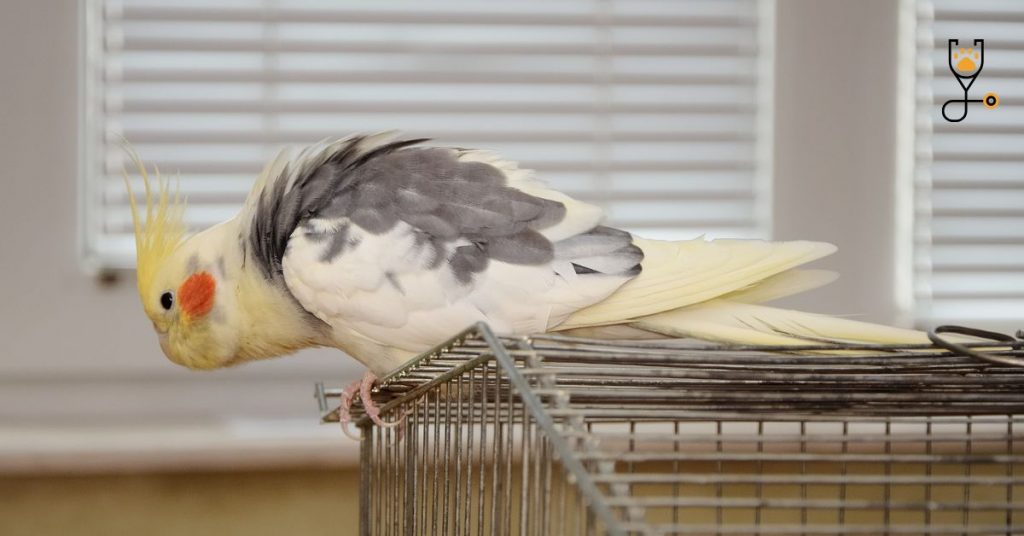
3. Macaws: The Vibrant Voyagers
Macaws are one of the largest species of parrot and are known for their bright plumage, intelligence, and playful personalities. These birds bond strongly with their owners and can be taught basic commands, as well as learn to mimic words and phrases. However, it’s important to note that these birds need lots of attention in order to thrive – so if you’re looking for an independent pet bird, a macaw is probably not the best choice for you! With patience, though, they make great companions – providing love, laughter, and long-lasting memories.
4. African Greys: The Mystical Minds
African Grey parrots are one of the most intelligent species of pet birds, capable of solving complex puzzles and communicating with human speech. They’re social birds who bond strongly with their owners and can be taught basic tricks, as well as learn to repeat words and phrases. African Greys are incredibly dedicated to their people – they’ll follow you around the house while chatting away! Unfortunately, they may also become overly attached to their owners – so if you think a grey is right for you, make sure you’re prepared for the commitment before bringing them home.
5. Lovebirds: The Sweethearts
Lovebirds are small parrot species that have earned their name for their loving, devoted natures. While they may not be as vocal as other pet birds, lovebirds make up for it with their affectionate personalities and remarkable intelligence. These birds can learn basic tricks such as ‘step up’ or ‘dance’, and can even learn to mimic words and phrases with enough repetition. Lovebirds also crave attention from their owners – so if you think one of these feathered sweethearts is right for you, make sure you have plenty of time to devote to them!
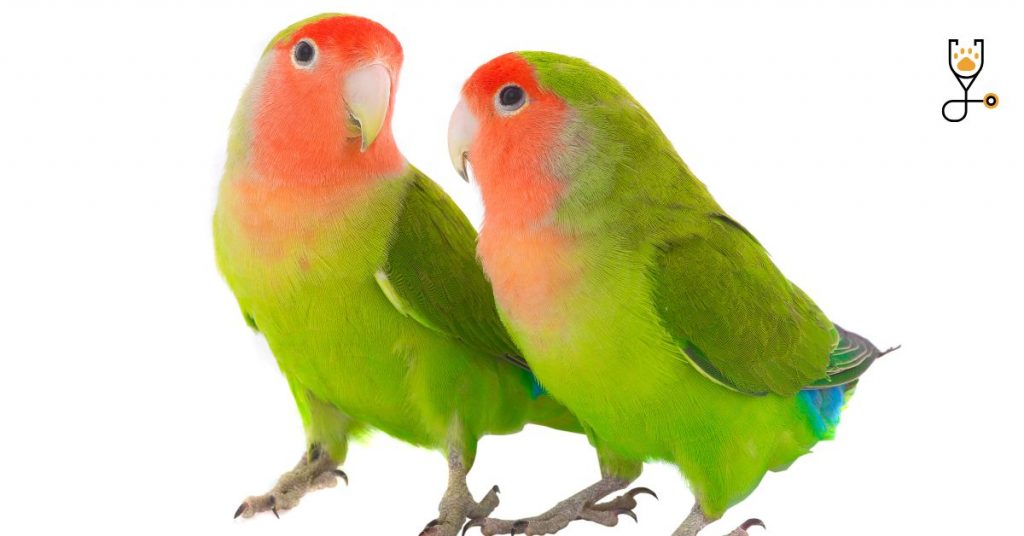
6. Conures: The Charming Cheerleaders
Conures are small parrots that come in a wide range of colors and patterns. Known for their outgoing personalities, these birds bond strongly with their owners and make great companions. They can learn basic tricks as well as mimic sounds, words, and phrases with enough practice. Conures are incredibly social creatures – they love to be around people and will happily join in on conversations! With the right care, these birds can live for up to 30 years – making them fantastic lifelong companions for any bird lover.
7. Parrotlets: The Tiny Talkers
Parrotlets are one of the smallest species of parrot, but don’t let their size fool you – these birds have big personalities! Intelligent and curious, parrotlets can learn basic tricks as well as recognize and mimic words and phrases. They also love to be around people and will happily join in on conversations with their owners. With the right care, these tiny talkers can live for up to 18 years – making them fantastic companions for any bird enthusiast.
8. Cockatoos: The Sassy Show-Offs
Cockatoos are one of the larger species of parrot, and they definitely know it! These birds are beloved for their playful personalities, intelligence, and remarkable talking abilities. Not only can cockatoos learn to mimic words and phrases with ease – but they’re also incredibly vocal creatures that love to show off their singing skills. With plenty of affection from their owners, these birds can make amazing lifelong companions – although they do require lots of attention in order to thrive.
9. Pionus: The Quiet Charmers
Pionus parrots are beloved for their quiet, gentle personalities. These birds have an air of mystery about them – they may not be as outgoing and vocal as other pet birds, but they make up for it with their intelligence and loyalty. Not to mention their striking beauty! Pionus can learn basic tricks as well as mimic words with enough practice. They also bond closely with their people, making them great companions for those looking for a more low-key pet bird experience.
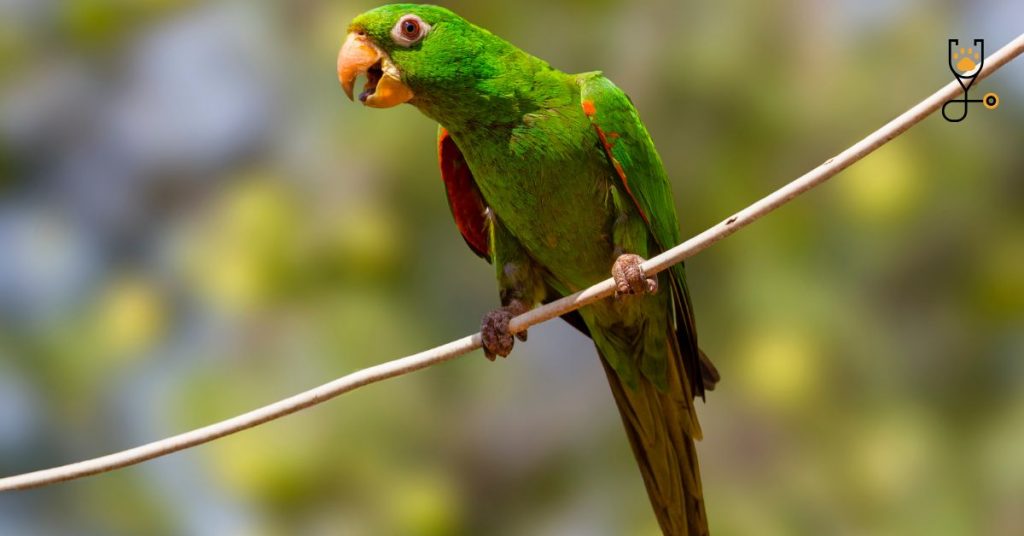
10. Amazon Parrots: The Feisty Standouts
Amazon parrots come in a wide range of colors and patterns, making them one of the most beautiful species of pet birds. But these birds are more than just pretty faces – they’re also incredibly intelligent, loyal, and feisty creatures. Amazon parrots can learn to mimic words and phrases with ease, as well as basic tricks such as ‘step up’ or ‘dance’. These birds also require lots of attention from their owners in order to thrive – if you think amazon is right for you, make sure you’re ready for the commitment before bringing them home!
11. Quakers: The Inquisitive Clowns
Quaker parrots (or monk parakeets) are small-medium-sized parrots with vibrant green plumage. These birds are beloved for their outgoing personalities and intelligence. Quakers can learn to mimic words, phrases, and basic tricks with ease – not to mention they’re incredibly vocal creatures that love to chat up a storm! With the right care and attention, these inquisitive clowns can make amazing lifelong companions for any bird enthusiast.
Conclusion
No matter which type of parrot you choose, you’re sure to have a loyal companion by your side. Parrots are incredibly intelligent creatures that bond closely with their owners and need lots of attention in order to thrive. With the right care and commitment, these birds can make amazing lifelong companions! So if you’re considering adding a feathered friend to your family – do your research and find the perfect pet parrot for you!
Good luck on your journey with your new feathered companion!
Frequently Asked Questions
A1: It ultimately depends on your lifestyle and preferences. Consider factors such as size, intelligence, noise level, activity level, and the amount of attention you’ll be able to provide. Do your research and pick a species that best suits your lifestyle.
A2: On average, parrots can live anywhere between 10-50 years – depending on the species and type of care they receive. With proper care and nutrition, some parrots can even reach up to 80 years old!
A3: The cost of owning a pet parrot varies depending on the species and its needs. Generally, parrots require a lot of space and specialized care, meaning they can be quite expensive to own. Consider all costs before committing to owning a pet parrot – from the initial purchase price to ongoing expenses such as food, housing, toys, and vet bills.
A4: Generally speaking, no. While some birds may benefit from having another bird companion (especially if they’re same-sex), in most cases one-on-one attention is enough for them. If you do plan on getting multiple birds, make sure that you’re able to provide each with the attention and care they deserve.
A5: Yes, most parrots are messier than other pet birds. They’re known for throwing their food and toys around, as well as producing a lot of droppings. That being said, with the right diet and cage setup you can minimize the mess they make – just be prepared to do a bit of extra cleaning!

